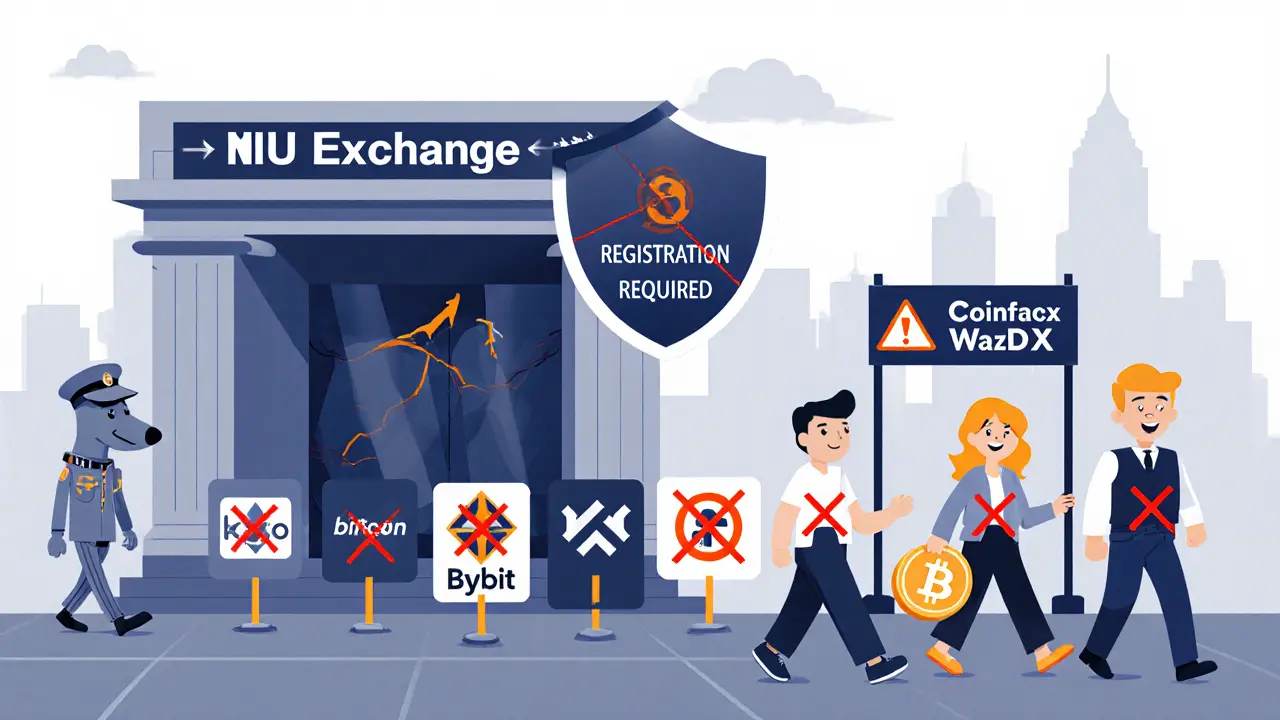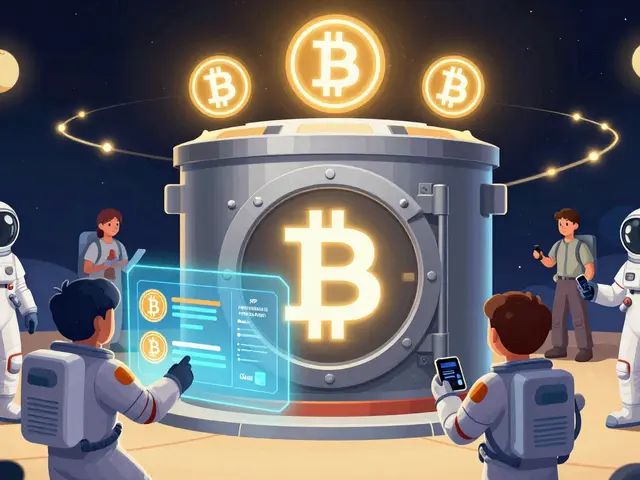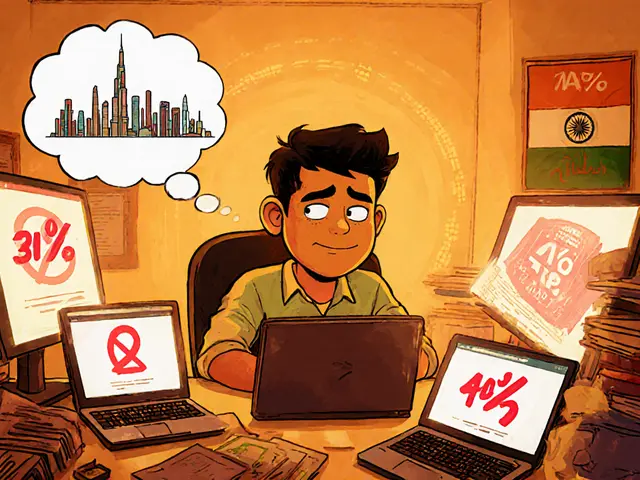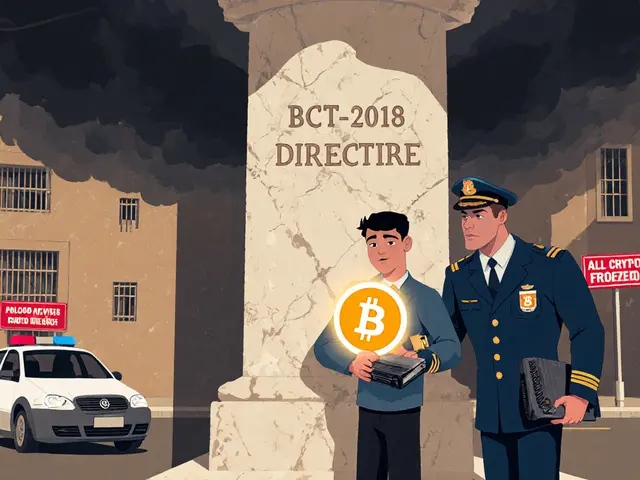Crypto Regulation India: What’s Legal, What’s Banned, and Who’s Affected
When it comes to crypto regulation India, the Indian government’s approach to digital assets is strict, confusing, and constantly shifting. Also known as India’s crypto legal framework, it doesn’t ban owning or trading cryptocurrency—but it makes it nearly impossible to use foreign platforms legally. This isn’t about stopping crypto. It’s about controlling where it flows.
The real gatekeeper is FIU-IND, India’s Financial Intelligence Unit, which requires all crypto exchanges operating in the country to register and follow strict reporting rules. Without this registration, platforms like Binance, Kraken, or Bybit are blocked from serving Indian users. That’s why you see banned crypto exchanges India, a list of foreign platforms that lost access after refusing to comply. But local players like CoinDCX and WazirX? They’re still open—because they jumped through the government’s hoops.
What does this mean for you? If you’re using an unregistered exchange, you’re not breaking the law by holding crypto—but you’re risking your funds. These platforms have no legal obligation to protect your money, no customer support under Indian law, and no accountability if they vanish overnight. The government isn’t trying to kill crypto. It’s trying to force it into a box it can monitor. And that box requires KYC, transaction logs, and tax reporting. No exceptions.
There’s also a quiet but powerful shift happening: more Indians are turning to peer-to-peer trading. Why? Because it doesn’t need a registered exchange. You buy Bitcoin directly from someone else using UPI or bank transfer. It’s slower, less convenient, but completely legal. And it’s growing fast—especially as global exchanges keep pulling out. This isn’t a trend. It’s a new reality.
And don’t get fooled by rumors of a full ban. India has tried that before. In 2018, the RBI tried to block banks from serving crypto businesses. The Supreme Court shut that down in 2020. Since then, the government has switched tactics: instead of banning crypto, they’re banning the *unregulated* way to access it. The message is clear: if you want to trade crypto in India, play by our rules—or don’t play at all.
What you’ll find below are real, up-to-date breakdowns of which platforms are still allowed, which ones got shut down, and what happens if you ignore the rules. We’ve dug into user reports, government notices, and exchange announcements so you don’t have to. No fluff. No guesses. Just what’s actually happening on the ground in India’s crypto market right now.






